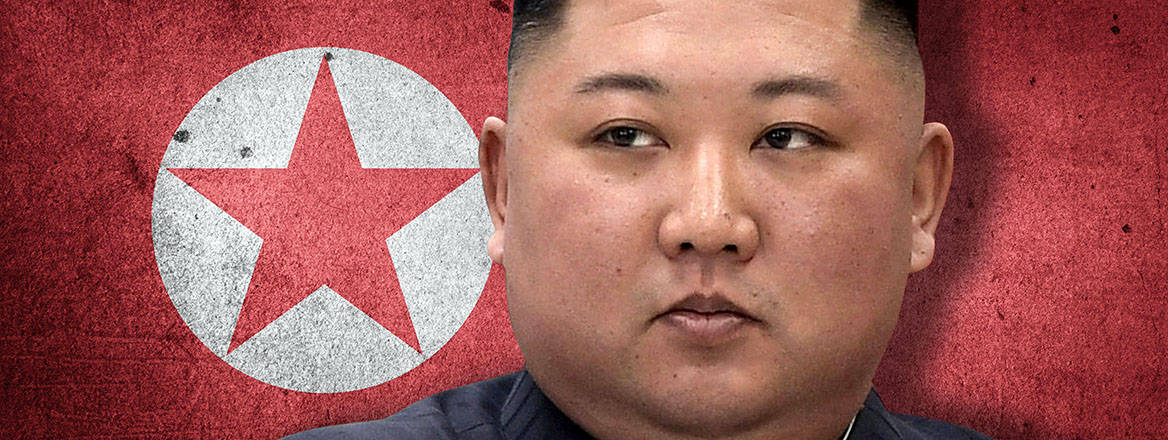From Missions to Missiles: North Korea’s Diplomats and Sanctions-Busting
The UN sanctions regime on North Korea is one of the most extensive multilateral sanctions regimes in history.
Restrictive measures have targeted WMD programmes and been used to counter revenue-raising activities that finance these programmes and keep the Kim regime in power. Since the 1970s, involvement in criminal activities and the procurement of commodities and arms has put the country’s diplomatic corps in a good position to evade sanctions.
This paper provides a loose typology of North Korean diplomatic involvement in sanctions-busting, arguing that it mainly falls into three areas: revenue-raising; procurement; and supporting roles. The paper uses examples to illustrate this framework and outline the full scope of North Korea’s diplomatic corps’ sanctions-busting. The paper argues that diplomatic networks – the missions, diplomats and their respective networks – are key nodes in the country’s sanctions-busting efforts, providing the skeleton of a near-to-global presence that has been used to undertake and support operations.
States have taken steps to reduce the size of North Korea’s networks and eject diplomats that have been found to be undertaking sanctioned activities.
Recommendations include:
- Treat the problem as transnational – the issue of North Korea’s diplomats operating regionally requires solutions that involve states working together.
- Find means to effectively share information – efficient information sharing can help to disrupt reposting of malfeasant officials.
- Scrutinise and limit diplomats’ financial affairs – states should implement the 2019 suggestions of the UN Panel of Experts on North Korean sanctions.
- Leverage open source intelligence – governments, intelligence agencies and those in non-governmental research organisations must dig into the often small social and economic circles surrounding North Korean embassies.
- Include diplomatic sanctions-busting in outreach efforts – given the central role of missions and diplomats in sanctions-busting, this should be factored into awareness-raising efforts.
- Undertake broader capacity building – this will continue to aid sanctions implementation and enforcement.
Read the Interactive Summary
WRITTEN BY
Dr Daniel Salisbury
Guest Contributor


